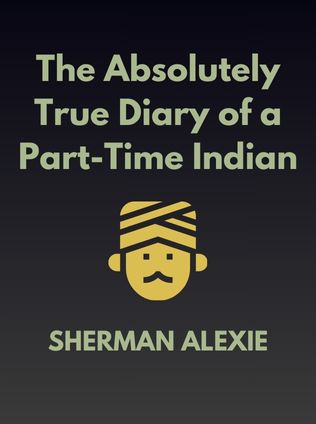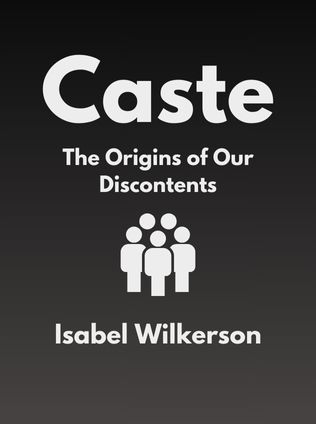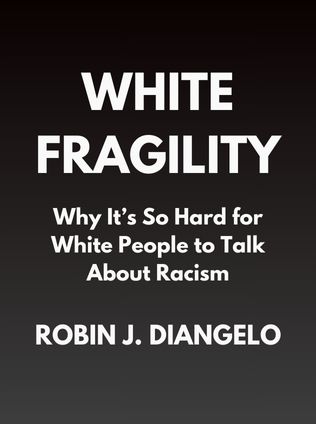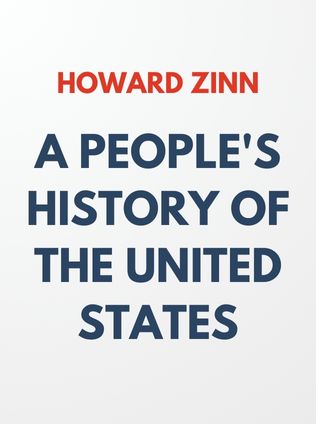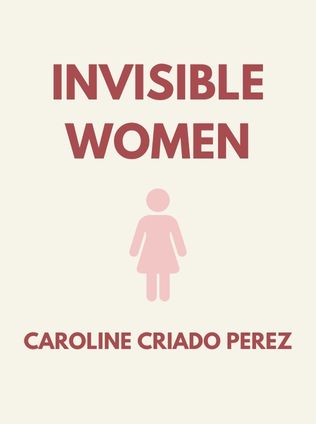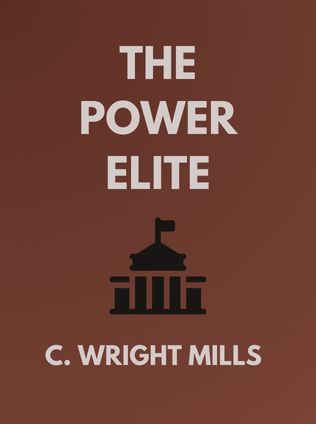
About the Author
C. Wright Mills, a prominent American sociologist, was one of the most influential thinkers of the 20th century. Born in 1916, Mills was deeply concerned with the power dynamics in modern societies, especially in the United States. He authored several seminal works, with The Power Elite being one of his most renowned. Mills’ ability to connect personal biographies with broader social and historical forces—what he termed the "sociological imagination"—allowed him to explore complex societal structures in a way that resonated deeply with both academics and the general public. His critiques of power, bureaucracy, and the military-industrial complex remain highly relevant, even decades after their publication.
Main Idea
The Power Elite explores the concept that the United States is controlled by a small group of powerful elites drawn from the economic, military, and political spheres. Mills argues that these elites have consolidated their power over time, creating a closed system that is difficult for outsiders to penetrate. This elite class, according to Mills, is not merely a reflection of individual competence but a product of social structures that allow for the accumulation of power in the hands of a few. The book is a critical examination of the implications of this power structure for democracy and the average American citizen.
Defining the Power Elite
Mills begins by defining the Power Elite as a small group of people who hold disproportionate control over the major institutions in the United States. These individuals are leaders in business, the military, and politics, and they often transition between these sectors throughout their careers. What unites them is not just their wealth or positions of power, but their ability to shape national policy and influence the lives of ordinary Americans.
Social Coordination
According to Mills, the power elite are not a random collection of individuals but a socially coordinated class. This coordination begins early, as many of the power elite attend the same exclusive preparatory schools and universities, where they form lasting networks. These institutions do more than simply educate; they inculcate a common worldview that helps to sustain elite power.
"They form a fraternity of the successful, and they are self-conscious and self-concerned as a social class." — C. Wright Mills
This social integration extends beyond education into social clubs and associations, where the elite continue to build and reinforce their networks. This level of coordination ensures that power remains within a tightly-knit group, making it difficult for outsiders to penetrate.
Varying Competence
One of Mills’ most controversial assertions is that the power elite are not necessarily more competent than the average person. He argues that many of these elites are born into wealth and power, inheriting their positions rather than earning them. Even those who do ascend to elite status often do so through social connections rather than through merit.
"It is not their competence that defines them as elite, but their position within a social structure that ensures their power." — C. Wright Mills
Mills challenges the notion that the elites are the best and the brightest, suggesting instead that they are a product of a system that values connections over competence. This has significant implications for the functioning of democracy, as it raises questions about who is truly qualified to lead.
Money and Power Over Morality
Another key characteristic of the power elite, according to Mills, is their emphasis on money and power over moral concerns. He argues that the bureaucratic and corporate structures in which they operate allow them to distance themselves from the consequences of their actions. This detachment makes it easier for them to prioritize profits and power over ethical considerations.
"They are not men of honor; they are men of power, and they will pursue power regardless of the cost." — C. Wright Mills
This focus on power over morality has profound implications for society, as it means that decisions affecting millions are often made without regard for their ethical consequences. The power elite, insulated from the repercussions of their actions, are free to act in ways that benefit themselves at the expense of the broader society.
Sign up for FREE and get access to 1,400+ books summaries.
You May Also Like
Rich Dad Poor Dad
What the Rich Teach Their Kids About Money - That the Poor and Middle Class Do Not!
By Robert T. KiyosakiFreakonomics
A Rogue Economist Explores the Hidden Side of Everything
By Steven D. Levitt and Stephen J. DubnerI Am Malala
The Story of the Girl Who Stood Up for Education and Was Shot by the Taliban
By Malala YousafzaiFactfulness
Ten Reasons We're Wrong About the World – and Why Things Are Better Than You Think
By Hans Rosling














